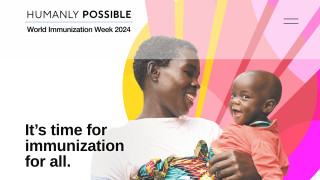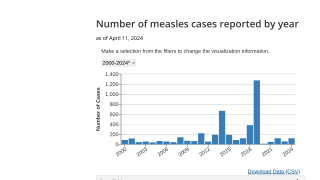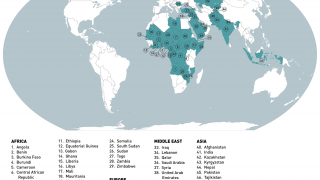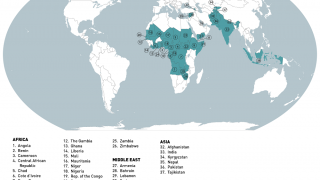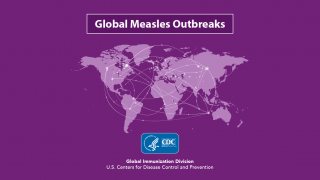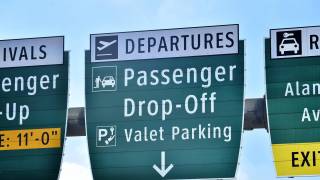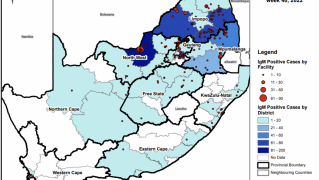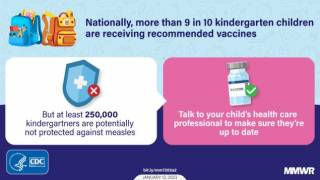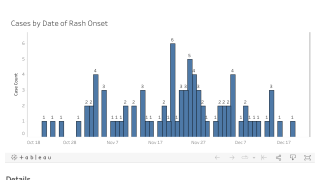International Travelers Need MMR Vaccination

Did you know that most measles outbreaks in the U.S. can be traced to international travelers who become infected abroad? Travelers are not always clear about which medical precautions to take before visiting a foreign country.
According to new research, more than 50 percent of US travelers who are eligible for the measles, mumps, and rubella (MMR) vaccine, are not getting vaccinated before leaving the country.
This research recommends US travelers need better vaccine adherence to prevent endemic measles from recurring in North America.
Of the 40,810 individuals included in this Massachusetts General Hospital in Boston research, 16 percent were eligible for the MMR vaccine. But more than half of these people decided not to receive the vaccine.
Most of those who refused the vaccine, 74 percent, reported doing so because they were not concerned about the disease.
Additionally, in more than 25 percent of these cases, the provider actually deemed the vaccine unnecessary, despite clinical recommendations.
The Centers of Disease and Control (CDC) say routine assessment of measles immunity and vaccination with MMR before international travel is an essential means to reduce measles importations.
A single case of imported measles can lead to many secondary and tertiary cases, as measles is highly infectious. The CDC reports that 90 percent of exposed, unvaccinated people will become ill with measles after entering a room that had housed an infected person up to two hours beforehand.
As such, the CDC Advisory Committee on Immunizations recommends two documented doses of MMR vaccine for adult international travelers without other evidence of measles immunity.
This means a person needs a positive blood test or documented measles infection or born before 1957.
According to the Mass General researchers, these findings underscore the need for improving vaccination rates is particularly important in communities with a higher percentage of non-immune individuals.
Health officials in Australia, Canada, and Taiwan have reported several cases of measles in travelers returning from Indonesia, including the island of Bali.
According to the CDC, the measles virus is highly contagious and can remain so for up to 2 hours in the air or on surfaces. The virus is spread through the air by breathing, coughing, or sneezing.
Merck is the manufacturer of the mumps vaccinations. MMR and ProQuad both contain the protection for mumps, as well as protection for measles, rubella. ProQuad additionally protects against varicella.
Students at post-high school educational institutions, such as college, trade schools, and training programs, who do not have evidence of immunity (protection) against mumps need two doses of MMR vaccine, separated by at least 28 days.
The CDC Vaccine Price Lists provide current vaccine contract prices and list the private sector vaccine prices for general information.
Our Trust Standards: Medical Advisory Committee








